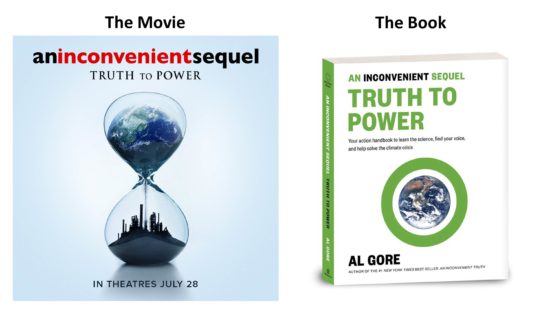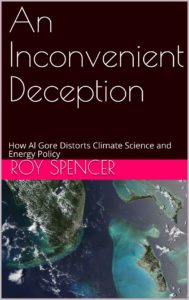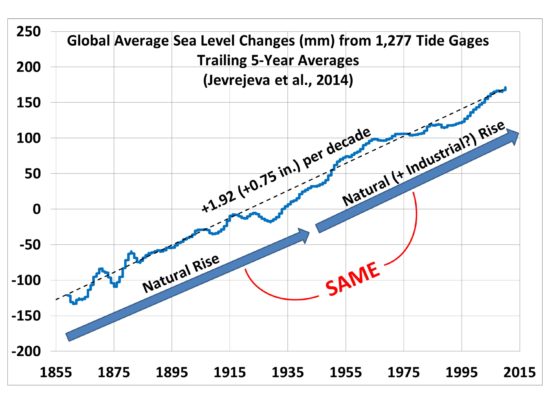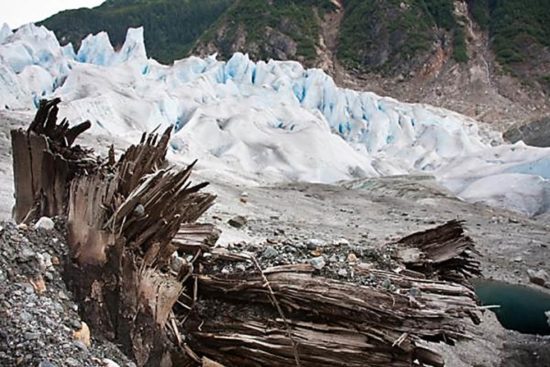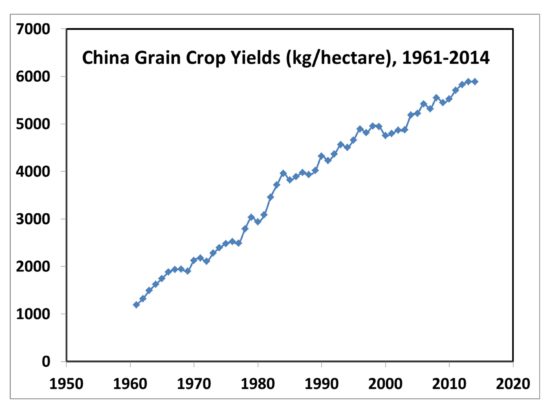1. The facts.
a) Harvey became a cat 4 storm before it struck Texas, west of Houston.
b) The landfall occurred between two high pressure centers that blew winds south. Harvey then stalled, but the outer band on its east continued to pump moisture inland.
c) Predictably, the resultant deluge (some 50 inches of rain in some places) could not drain south and inundated the Houston metropolitan area and smaller towns.
d) Federal, state and local resources were marshaled to rescue citizens caught up in the flood. Help came from as far away as Louisiana (the Cajun Navy with its 'air' boats).
e) There was also a heroic effort to rescues pets and some live stock.
2. The reporting.
On one hand, the reporting was adequate, with the exception of the ambulance chaser claims that the severity of the storm (and flooding) was due to 'global warming'. There was also an attempt by the Media to accuse Pres Trump of being uncaring. These attempts were despicable, the efforts of deranged Trump haters.
3. The damage.
There was storm damage and damage from the flooding and from loss of economic activity. Preliminary estimate is $90B.
4. Problems to be fixed.
There is a suggestion that Houston's drainage system needs improving.
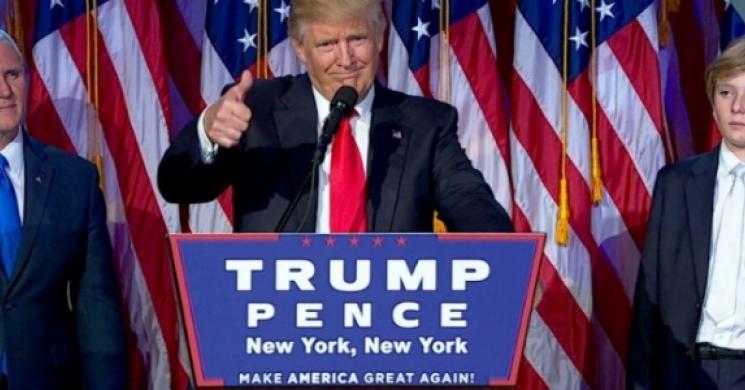
Yes, there is a civil war looming in the United States.
But it will not look like the orderly pattern of descent which characterized the conflict of 1861-65. It will appear more like the Yugoslavia break-up, or the Russian and Chinese civil wars of the 20th Century.
It will appear as an evolving chaos.
And the next US civil war, though it yet may be arrested to a degree by the formal hand of centralized gov-ernment, will destabilize many other nation-states, including the People’s Republic of China (PRC).
It may, in other words, be short-lived simply because the uprising will probably not be based upon the deci-sions of constituent states (which, in the US Civil War, created a break-away confederacy), acting within their own perception of a legal process. It is more probable that the 21st Century event would contage as a gradual breakdown of law and order.
The outcome, to a degree dependent on how rapidly order is restored, would likely be the end, or con-straint, of the present view of democracy in the US. It would see a massive dislocation of the economy and currency. It would, then, become a global-level issue.
Humans mock what they see as an impulse toward species suicide among the beautiful lemming clan of Lemmus lemmus.1 In fact, these tiny creatures have a societal survival pattern which seems more con-sistent than that of their human detractors. The pattern of human history shows that civilizations usually end through internal illness rather than at the hand of external powers.
It is significant that the gathering crisis in the United States was not precipitated by the November 7, 2016, election of Pres. Donald Trump, and neither was the growing polarization of the United Kingdom’s society caused by the Brexit vote of 2016.
In both instances, the election of Mr Trump and the decision by UK voters for Britain to exit the European Union were late reactions — perhaps too late — by the regional populations of both countries to what they perceived as the destruction of their nation-states by “urban super-oligarchies”.
The last-ditch reactions by those who voted in the US for Donald Trump and those who voted in the UK for Brexit were against an urban-based globalism which has been building for some seven decades, with the deliberate or accidental intent of destroying nations and nationalism. It is now crystallizing into this: urban globalism sees nations and nationalism as the enemy, and vice-versa.
The battle lines have been drawn.
The urban globalists — the conscious and unconscious — have thrown their resources behind efforts to avert a return to nationalism, particularly in the US and UK, but also in Europe, Canada, Australia, and the like.
Urban globalists control most of the means of communications [is this new “means of production”; the 21st Century marxian dialectic?] and therefore control “information” and the perception of events.
“Nationalists”, then, are operating instinctively, and in darkness.
There is little doubt that the US, despite the evidence that economic recovery is at hand, could spiral into a self-destructive descent of dysfunction, dystopia, and anomie. The path toward a “second civil war” has significant parallels with the causes of the first US Civil War (1861-65). Both events — the 19th Century event and a possible 21st Century one — saw the polarization of a fundamentally urban, abstract society against a fundamentally regional, traditional society.
In some respects, it is a conflict between people with long memories (even if those memories are flawed and selective) and people to whom memories and history are irrelevant. Equally, it is a conflict between identity and materialism, with the abstract social groups (the urban populations) the most preoccupied with short-term material gain.
I have covered the US for 50 years, and my earliest view of it was, a half century ago, that its populations would inevitably polarize into protective islands of self-interest, surrounded by seas of unthinking locusts. What is ironic is that the present islands of wealth and power — the cities — have come to represent short-term materialism, as cities have throughout history.
But what is interesting is that, despite the global attention on the political/geographic polarizations occur-ring in the US and other parts of the Western world, there has been a reversion in other parts of the world to a sense of Westphalian or pre-Westphalian nationalism. The fact that “the West” may have ring-fenced Iran, Russia, and so on, with sanctions and other forms of isolation may well be what ensures their endur-ing status.
They have avoided the contagion of globalism.
Russia, indeed, recovered from the Soviet form of globalism in 1991.
An urban globalist “victory” over Trump and Brexit would trigger that meltdown toward a form of civil so-cietal collapse — civil war in some form or other — as the regions disavow the diktats of the cities. That would, in turn, bring about the global economic uncertainty which could impact the PRC and then the en-tire world.
But such a conflict — physical or political — could, equally, lead to a victory for nationalism over global-ism, and to the protection of currencies and values. We have seen this cycle repeated for millennia.
It is the eternal battle.
By Gregory R. Copley via GIS/Defense & Foreign Affairs
AJ adds:The Second Civil War has already begun. A wide swath of the Country where Democrats rule simply refuses to enforce the Law. In fact many Mayors and other politicians refuse to enforce immigration laws and sympathize with the anarchist forces who are tearing down statues in order to delegitimize the Constitution. The communist/anarchist factions do not command the support of the majority, but they did not command majority support in the Russia of 1917 either.

